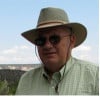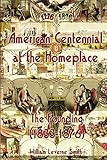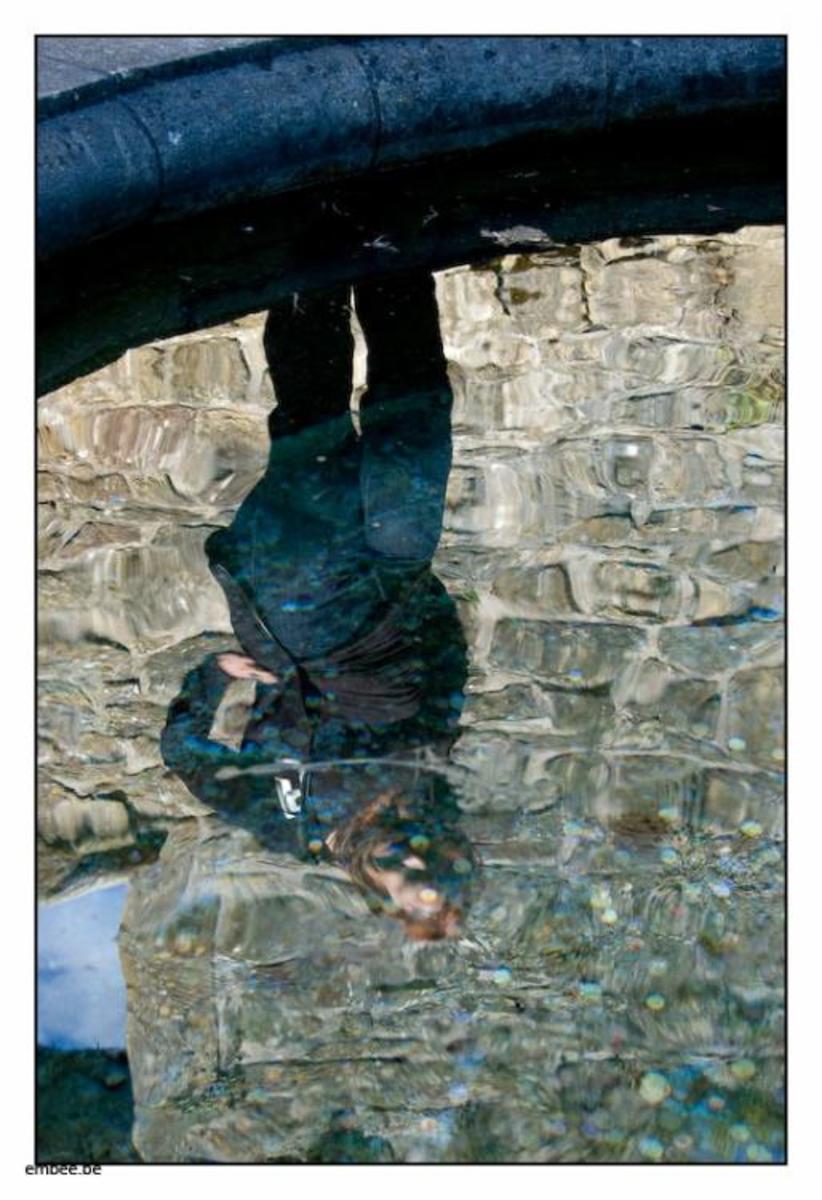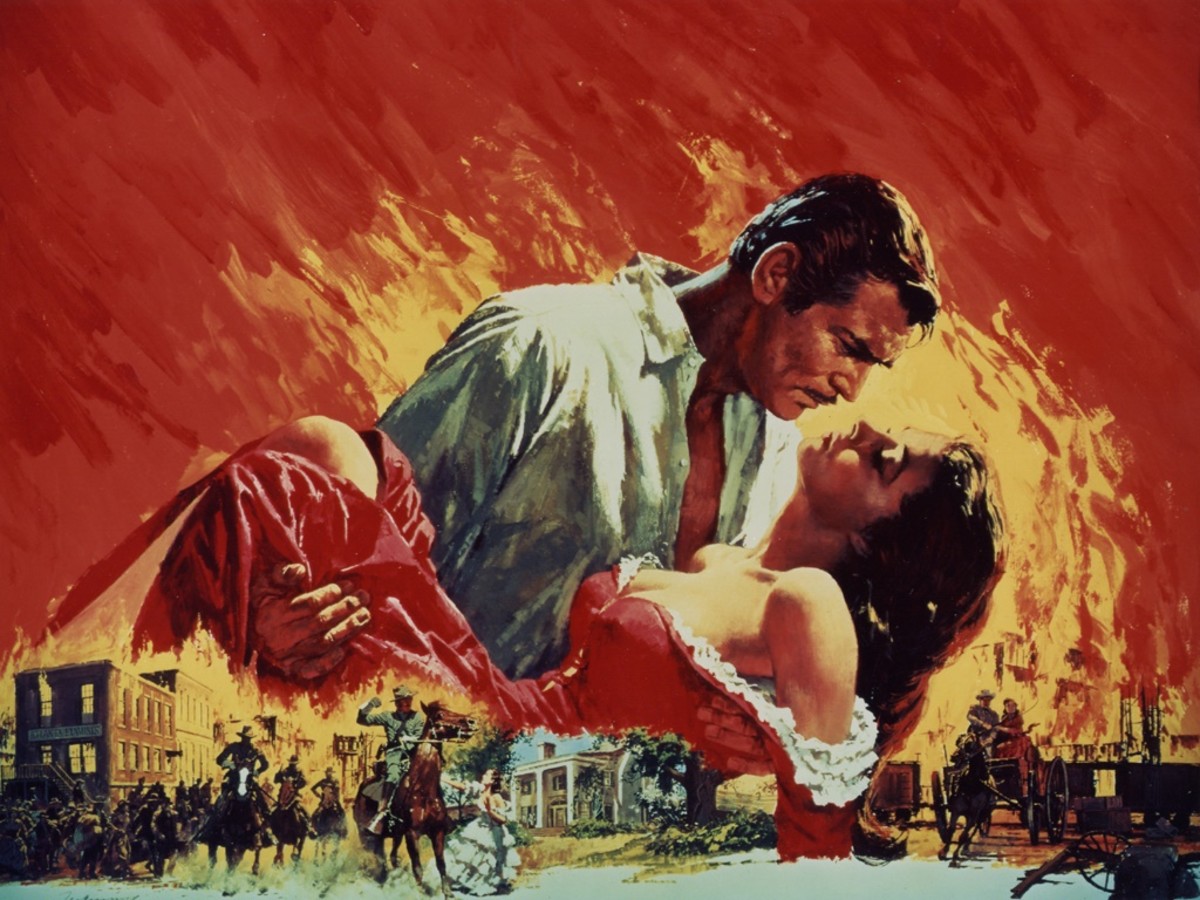Jake Patton Memoirs - JP12 - Jake Was Satisfied With A Fine Fall Harvest Time
The corn shocks could be hauled in as needed
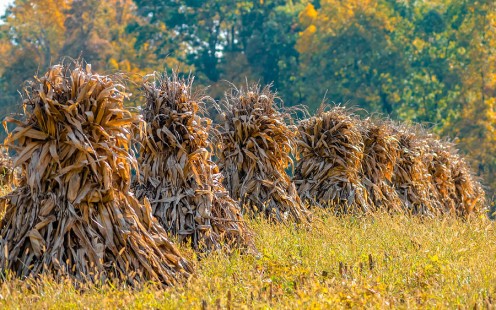
Jake Was Pleased To Get More Blacksmith Supplies From Big Piney
Toward the end of September, Henry and Harry McDonald decided it was time for one more freight run back over to the Big Piney region. They gave folks a week’s notice so they could write their letters for the mail, prepare the ‘want’ lists and gather any sale items they had ready to go on this run. The ladies had largely finished their garden harvests and laid aside what they needed for the winter. Any salable items were included on this trip. I made my usual request for blacksmith supplies with a few extra desirables, if they were available there and they had room on the return trip.
I was very pleased to see on their return that they had brought everything I requested. Also, this trip, Henry brought back two more mules, another plow, and an iron harrow that would be very useful for all of us both this fall and in the spring. We were each going to try to get in some ‘fall-plowing’ after the corn and bean harvest on that previously plowed land. It would then be ready to work up for planting early next year, subject to weather, of course. Each of us also hoped to break sod on some new acres, in the spring, as well. Planning ahead always worked well.
We had begun cutting some of the corn stalks and putting them in shocks when Henry and Harry returned. Some of the crops were not quite ready, but getting the harvest begun on those what were would pay off later in the fall. At an early date, we had identified two of the hogs from our original group to be ‘fed-out’ this fall to be butchered before winter. Some of this early corn would be devoted to that process. The weather had cooperated, and the harvest got under way in full force by the first of October. The squash and the pumpkins were also maturing nicely in the community garden.
Corn was removed from the corn stocks and husked
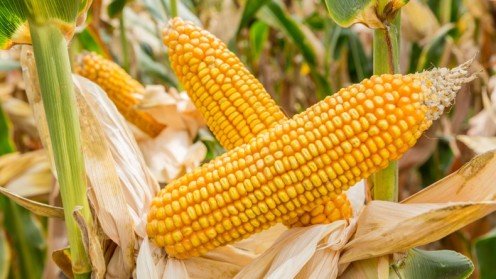
Jake And His Group Worked Together On Their Harvest
The two-wheeled wagons were useful for gathering the shocks and bringing them to the homestead to be processed. The ears of corns were stripped and husked, put in the crib. The corn stocks were stored for feed roughage as well. Some farmers liked to feed them whole, some liked to cut them up in smaller chunks. Each thought their way was the best, of course. Some of the corn stalks were squeezed for the juice first, then fed to the animals. Harvest at each of the homes was handled slightly differently, depending on the preference of that family.
As this was Hugh and Victoria’s first fall harvest as a couple, I enjoyed watching to see what choices they made, and how they worked together. They did ask a few questions, I was pleased to note, but mostly Hugh already had his mind made up how he was going to do things. He was now a full-fledged independent farmer, on his own, as he had hoped to be. I noticed that Victoria had a few notions of her own that she worked into the operations, as well. Women do have a way of doing that, of course.
Kate and I worked closely with Owen and Anna this year as we went through the harvest season. This was their first fall as ‘farmers’ as well. Sometimes Hugh and Victoria joined us for a group of six. Many hands make the work much easier and even fun. It was a time of growth for the young folks and satisfaction for we older ones. Hugh and Owen continued to work with Robert Baldridge, from time to time, on gathering materials for the future grist mill over by the falls. There were many rocks to move, and much sand and gravel to haul. Lumber needed to be cut, hauled, and worked, as well. Everyone worked together to complete both individual and collective goals.
They worked on the harvest through the fall and planned ahead
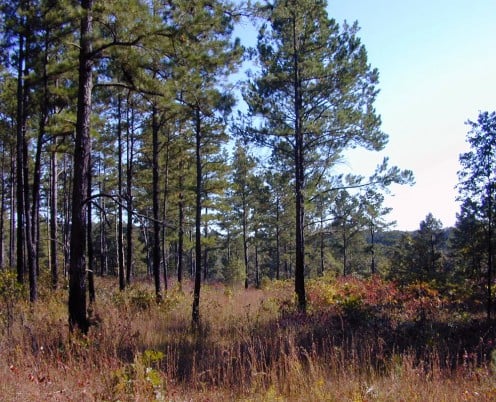
Jake And The Others Shared Their Knowledge and Questions About Harvest at Fourth Sundays
Fourth Sunday in both September and October of that fall of 1833 were very useful. They were both great break and relaxation times and perfect opportunities to discuss how the harvest was going, who wanted to do what, when, and share ideas that would help the others in the group recognize that there might be different approaches to the tasks to be done. We each benefited from these discussions, I believe. I know I actually learned a thing or two from listening to the others.
I also learned that, while I was going to the south, and exploring the western valley, that Robert had made a couple of trips up the trails along Oak Creek to the north, to see if there were settlers up that direction that might be future customers for his grist mill in the coming year. He reported that they were a few, a few miles north, up in Dent County. There were a half dozen farmers already there, in a couple of valleys, that would likely want to consider coming south to process their grain rather than go north. He was excited about that, and even more anxious to get his mill up and operating.
Robert added that he had mentioned we had blacksmithing services available here in our valley that the folks up north might find useful. I was pleased to hear that, of course. Owen was coming along nicely in his apprenticeship, and I was looking forward to getting my gunsmith shop set up, as well. We would certainly be available if anyone needed or wanted our services. Finishing the harvest and getting through winter to the next spring was our first and primary goal, of course, but we all felt the future awaited us, and looked good.
[See JP13, to follow]
From the Author
This series of stories, JPx, is part of a first draft of what I hope and assume becomes a published novel in support of “The Homeplace Saga” series of family saga, historical fiction stories. It features the self-told story of one of the original settlers of the Oak Creek Valley, Colonel Jake Patton. Some, including him, would say he was the leader of the group. He had a very big ego, that is for sure, but he always tried to make it look like what he was doing was for the benefit of the community. And, of course, it was. But, there was always something in it for him, as well. He managed to grow the inheritance he was fortunate to receive from his father into something that left a nice trust fund for his descendants. We’ve already seen some of these stories, earlier, in the Saga tales. Come along, and let’s see how Colonel Patton tells his own story.
Note: I will publish JPx hubs, from time to time. I will write occasional notes at Patreon about Jake Patton. I may write other things elsewhere. These are each a part of the creative process to create the true first draft of a novel. You, my readers, can take part in this effort at www dot patreon dot com slash HomeplaceSagas. Join us there Today.
This is "The Homeplace Saga" series of family saga, historical fiction stories
- "The Homeplace Saga" Blog
The home blog for "The Homeplace Saga" series of historical fiction family saga stories set in the southern Missouri Ozarks. All updates of the series are mentioned on the blog, regardless of platform.
